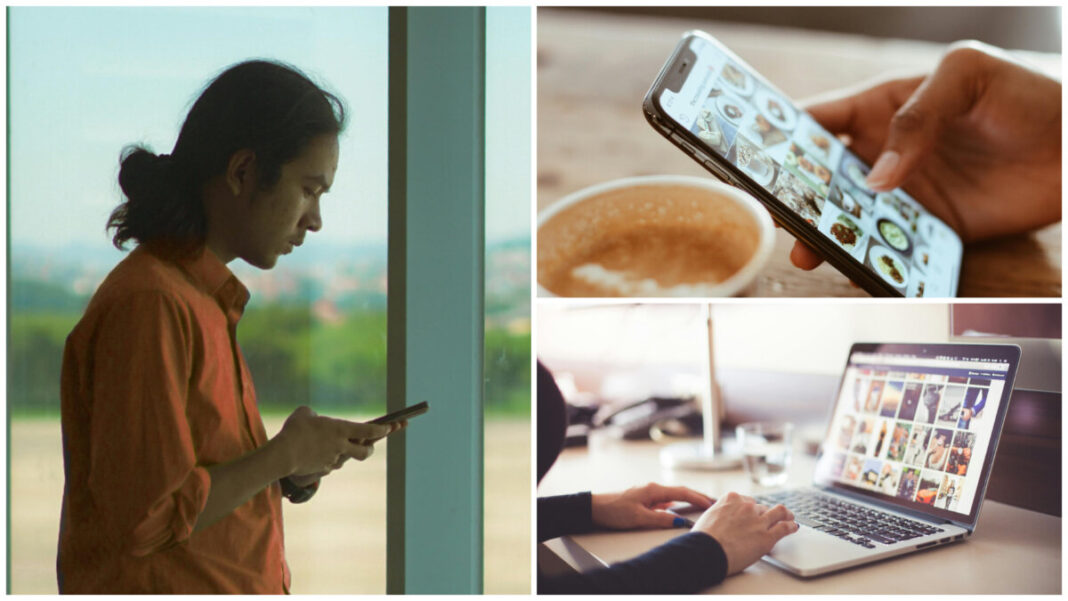The US Embassy in the Philippines now compels visa applicants to make their social media accounts public. OMG!
As of June 24, 2025, the US Embassy in Manila has requested that all candidates for F (academic), M (vocational), or J (exchange visitor) nonimmigrant visas make their social media profiles “public” during the visa application process. This is more than just displaying your usernames; it also allows consular authorities to read your material without any privacy limitations.
Why Do They Need To Do This?
According to the embassy, this lets them authenticate your identity and ensures that the person applying is who they say. It facilitates admissibility screening, such as identifying any red signals that may contravene US immigration regulations. This also improves national security by detecting possible threats based on internet activity or connections. This expands on a 2019 policy that requires candidates to divulge their social media handles. The only change from today is that police want to view the content rather than simply the account name.
While it is not needed to make it public permanently, it is only used during the visa application process. Social networking networks such as Facebook, TikTok, LinkedIn, and YouTube are linked to your identity. Posts, comments, affiliations, and even memes may be evaluated. Anything that seems contradictory with your application or raises suspicions may jeopardize your candidacy.
Privacy and Preparedness
Before processing your visa, ensure that you delete or archive any information that might be misunderstood. Also, ensure that your online personality is consistent with your stated travel goals. Also, avoid humor or sarcasm that might be misinterpreted, especially when discussing politics, violence, or immigration.
This approach has sparked worries among privacy advocates, but the embassy believes it is more about openness and security. To make your visa application procedure go more smoothly, check your social media accounts ahead of time.

